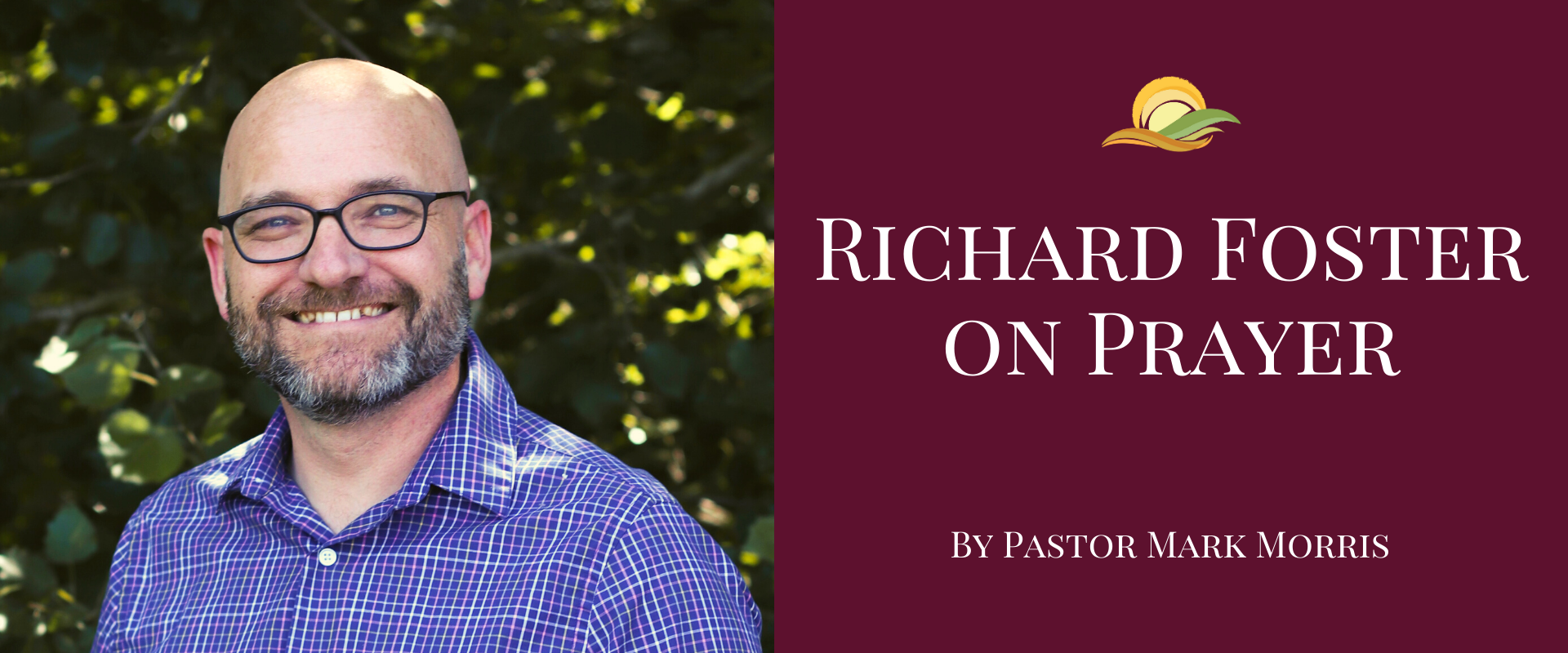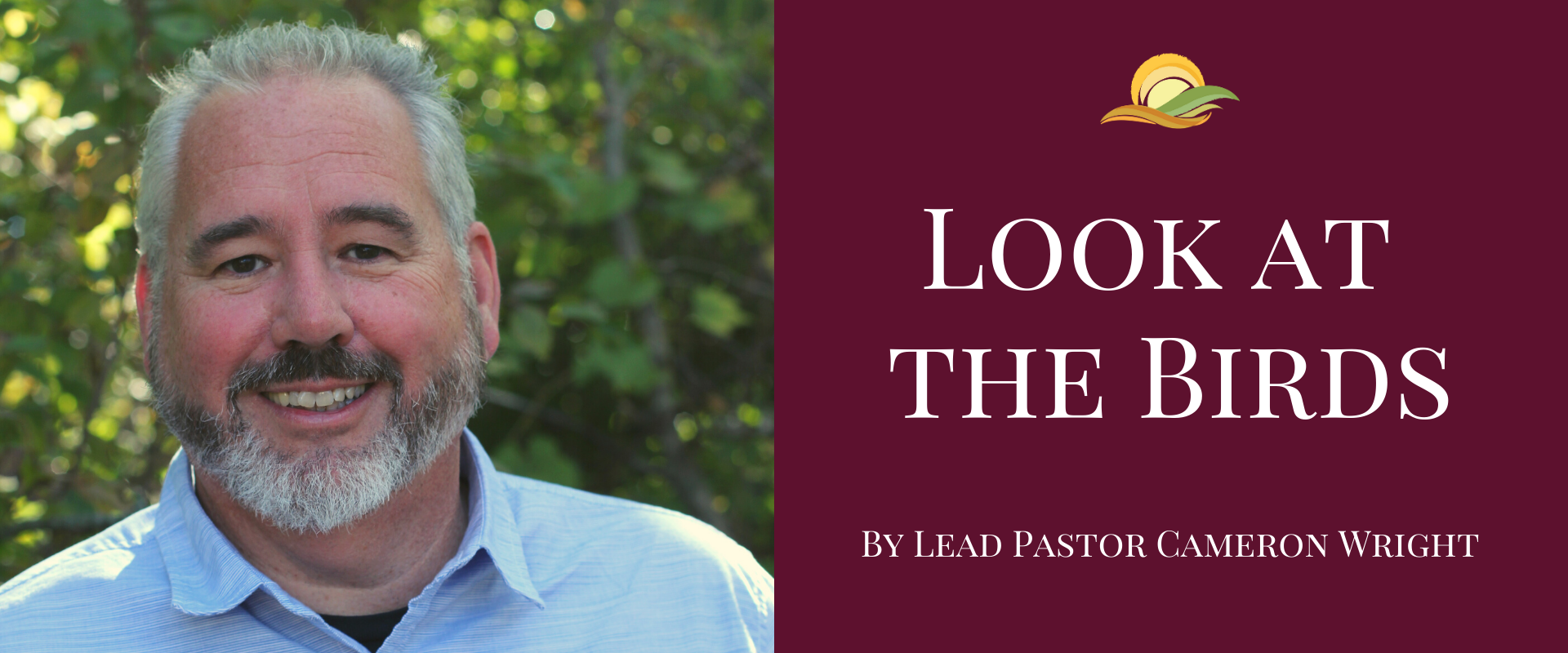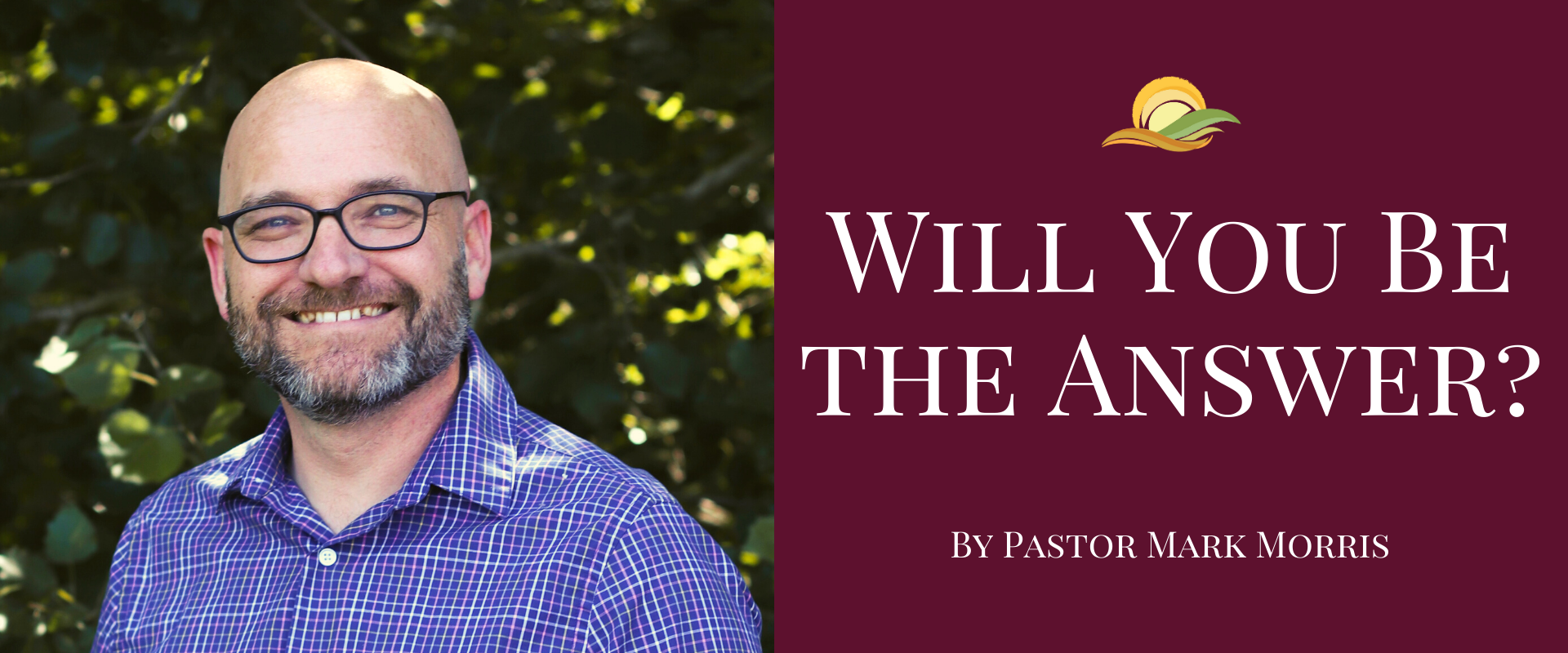As iron sharpens iron,
so a friend sharpens a friend. Proverbs 27:17
When I hear this verse, I often picture two swords clashing. But two swords striking each other actually damages the swords. To sharpen a sword, you must know how to use the right tools. The same can be said of friendships. Using the right tools to sharpen a sword can create sparks. How true this is for our relationships with one another! As we go deeper in relationships with one another, sparks will inevitably fly. The healthy way we deal with conflict brings growth.
I’ll be the first to admit that conflicts are hard. I can’t say I embrace them or chase after them. However, when I avoid conflict, it leads to misunderstandings and anxiety and often makes the situation worse. Conflicts, when handled appropriately, can forge stronger relationships and help each person develop spiritually. As we are able to challenge one another and respect each other's differences, we become stronger.
We are called by God to live in community. Hebrews 10:24-25 says, “And let us consider how we may spur one another on toward love and good deeds, not giving up meeting together, as some are in the habit of doing, but encouraging one another—and all the more as you see the Day approaching.” While living in a community, we will encounter conflicts with one another. I encourage you today to find ways to deepen your relationships with one another. I encourage you to find ways to connect with others at New Day. Get involved in a community group, join a serve team, or initiate a conversation with others outside of our meeting times. And when conflicts arise, embrace them, work through them, and watch your friendship grow deeper.
We have the opportunity to have healthy relationships by working through the sparks of conflicts. In doing so, we can build each other up and be the church Christ calls us to be!























